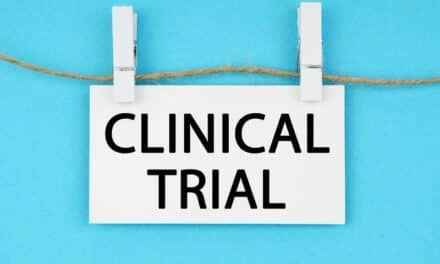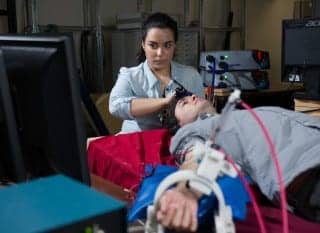A university student’s dissertation suggests that toll-like receptors on bone cells may activate bone loss, and may also play role in bone formation.
These so-called Toll-like receptors on bone cells activate bone loss in contact with bacteria that cause inflammation in patients, resulting in loosening of the teeth, loosening dental and orthopaedic implants, or arthritis, suggests the dissertation from Umeå University in Sweden, per a media release from the university.
The research builds upon previous discoveries of how various bacteria that cause inflammation communicate with the body’s cells through Toll-like receptors that recognize the bacterial structure. Since the receptors can also be activated by internal substances in autoimmune diseases, the discovery can also be important in the understanding of how bone loss develops in patients with rheumatoid arthritis, the release explains.
The dissertation suggests how the Toll-like receptors 2 and 5, which can stimulate bone loss, are also a part of the body’s own mechanism for the formation of new bone tissue, the release continues.
[Source(s): Umeå universitet, Science Daily]





